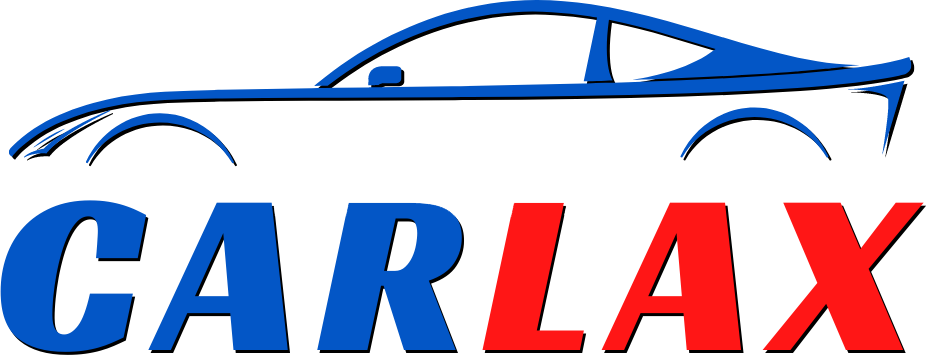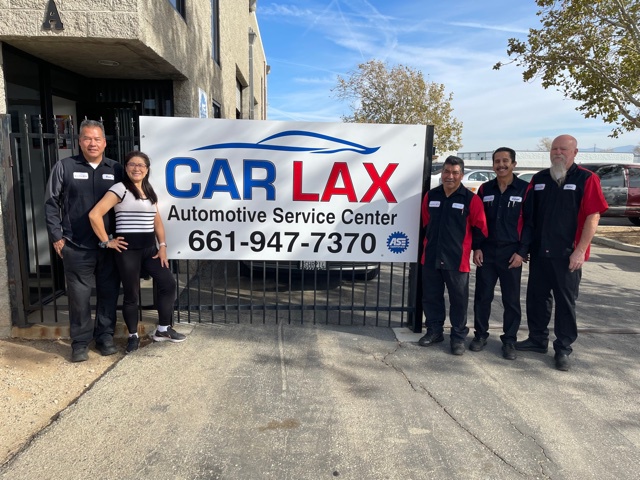FREQUENTLY ASKED QUESTIONS
We recommend contacting Clark & Howard towing.
840 E Ave R, Palmdale, CA, 93550
(661) 947-7112
840 E Ave R, Palmdale, CA, 93550
(661) 947-7112
All repair work is warranted for 90 days.
- Free Wi-Fi
- Free Coffee
- Wheel Chair Accessible
- Free Parking
A bad alternator can cause dim headlights, a dead battery, electrical problems, or stalling. If you notice warning lights or strange noises, it’s time to get your charging system checked. Learn More
Regular oil changes keep your engine clean, reduce wear, and improve fuel efficiency. They help extend your engine’s life and prevent costly repairs down the road. Learn More
Brake pads typically need replacement every 25,000 to 70,000 miles, depending on driving styles and vehicle type. Regular inspections help catch wear early and ensure safe braking performance. Learn More
Common signs include rough idling, knocking sounds, warning lights, smoke from the exhaust, or reduced performance. Early detection can prevent major engine damage and costly repairs. Learn More
A fuel system service typically includes cleaning fuel injectors, inspecting the fuel pump, replacing the fuel filter, and removing carbon deposits to improve engine performance and fuel efficiency. Learn More
Worn-out struts can cause a bumpy ride, poor handling, uneven tire wear, and longer stopping distances. Replacing them helps restore ride comfort and vehicle stability. Learn More
Car starters typically last 100,000 to 150,000 miles, but this can vary with usage and vehicle type. If you notice slow cranking or clicking sounds, it may be time for a replacement. Learn More
Oil filters should typically be replaced every 3,000 to 7,500 miles, or during each oil change. A clean filter keeps your engine free of contaminants and running smoothly. Learn More
Engine failure can result from overheating, low oil levels, worn components, or poor maintenance. Ignoring warning signs like strange noises or dashboard lights can lead to serious damage. Learn More
An automotive service technician inspects, diagnoses, and repairs vehicle systems like engines, brakes, and transmissions. They ensure your car runs safely and efficiently through regular maintenance and expert repairs. Learn More
A major car service typically includes oil and filter changes, brake inspection, fluid top-ups, spark plug replacement, and a full vehicle inspection to keep your car in top condition. Learn More
Car radiators typically last between 8 to 10 years or around 100,000 miles with proper maintenance. Regular coolant flushes and leak checks can help extend their lifespan and prevent overheating problems. Learn More
Vehicle maintenance includes routine services like oil changes, fluid checks, tire rotations, brake inspections, and filter replacements to keep your car running safely and efficiently. Learn More
Signs of a failing hybrid battery include reduced fuel efficiency, frequent engine use, unusual noises, warning lights, and a drop in overall performance. Early diagnosis can help avoid costly repairs. Learn More
A car starter can fail due to worn-out components, electrical issues, oil leaks, or a weak battery. Frequent short trips and poor maintenance can also shorten its lifespan. Learn More
A car tune-up typically includes replacing spark plugs, inspecting ignition parts, checking filters and fluids, and adjusting engine performance to ensure smooth and efficient operation. Learn More
When you get your car serviced, technicians inspect key systems, change the oil and filters, check fluid levels, and ensure your brakes, tires, and engine parts are in top condition. Learn More
Signs of bad struts include excessive bouncing, uneven tire wear, nose-diving when braking, poor handling, and a rough or noisy ride. Replacing them restores comfort and stability. Learn More
Your car’s A/C may not cool due to low refrigerant, a faulty compressor, a clogged condenser, or electrical problems. A professional inspection can pinpoint the issue and restore proper cooling. Learn More
Fuel injection service is typically recommended every 30,000 to 60,000 miles, depending on your vehicle and driving style. Regular service helps maintain fuel efficiency and engine performance. Learn More
Most vehicles need an oil change every 3,000 to 7,500 miles, depending on the engine type and oil used. Always follow your owner’s manual for the best maintenance schedule. Learn More
Brakes should typically be serviced every 25,000 to 70,000 miles, but this depends on your driving habits and conditions. Regular inspections help ensure safe and reliable braking performance. Learn More
Common signs of a bad radiator include engine overheating, coolant leaks, low coolant levels, rust or sludge buildup, and a sweet smell from under the hood. Prompt repair can prevent engine damage. Learn More
When a hybrid battery goes bad, you may notice reduced fuel efficiency, warning lights, sluggish performance, or frequent engine use. Replacing it is key to restoring full hybrid function. Learn More


